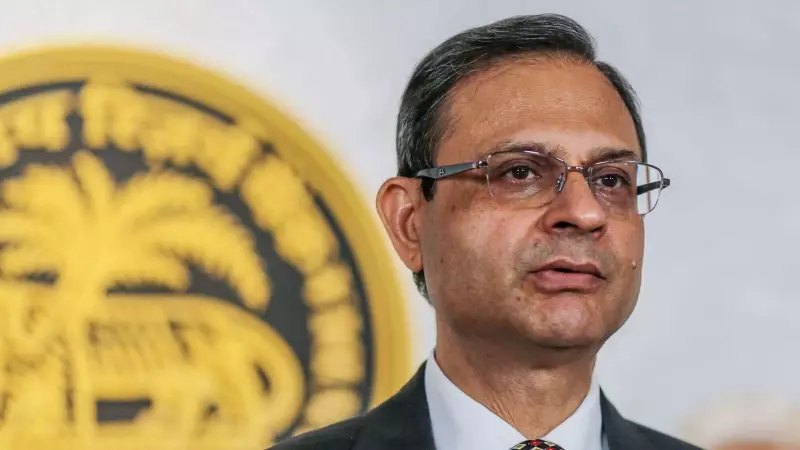
The Reserve Bank of India (RBI) has raised serious concerns about growing fiscal pressures on state governments, highlighting how pre-election spending is driving up borrowing costs across the country. In its latest financial stability report, the central bank pointed to emerging vulnerabilities that could have far-reaching consequences for India's economic landscape.
The Pre-Election Spending Spree
With multiple state elections approaching and the general election on the horizon, state governments have significantly ramped up their expenditure. This increased spending, particularly on populist measures and welfare schemes, has put substantial pressure on state finances. The RBI report indicates that this trend is not just temporary but reflects deeper structural issues in fiscal management.
Bond Market Reactions
The immediate impact of this fiscal expansion has been felt in the bond markets, where yields on state government securities have witnessed a sharp uptick. As states borrow more to fund their spending, the increased supply of bonds coupled with higher risk perception has pushed yields upward. This makes borrowing more expensive not just for governments but for the entire economy.
RBI's Warning Signals
The central bank's report serves as a crucial warning about the sustainability of current fiscal practices. Key concerns highlighted include:
- Rising debt-to-GDP ratios at the state level
- Increasing reliance on market borrowings
- Potential crowding out of private investment
- Long-term implications for fiscal stability
Broader Economic Implications
This development comes at a critical juncture for the Indian economy. Higher bond yields could translate into increased borrowing costs for businesses and consumers, potentially slowing down economic growth. The RBI's warning underscores the need for fiscal discipline and better management of public finances, especially during election cycles.
As India navigates these fiscal challenges, all eyes will be on how state governments respond to the central bank's concerns and whether corrective measures will be implemented to ensure long-term economic stability.





